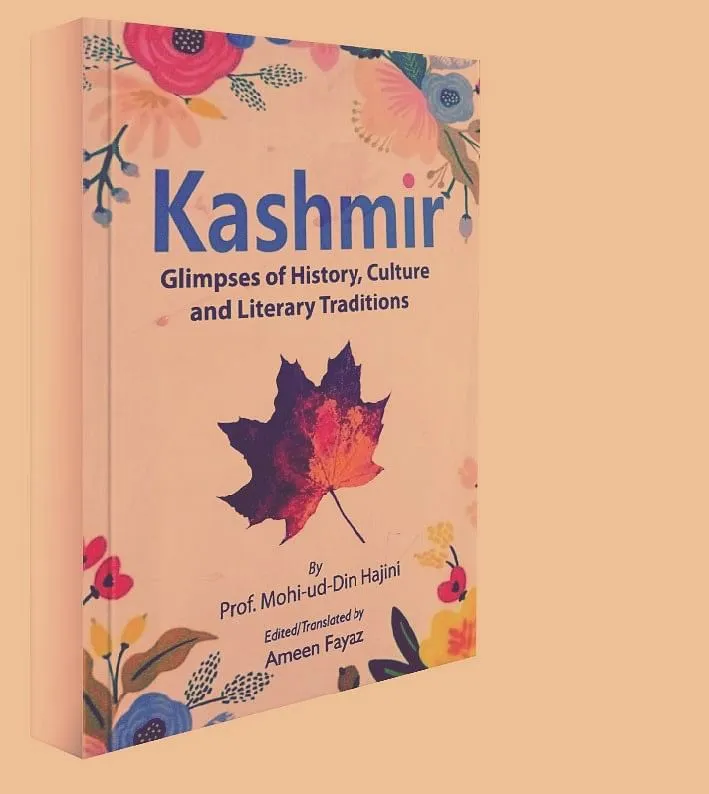We are born hedonists; we seek pleasure and avoid pain. We view pain negatively. But is pain always bad or it has some value? Can broken hearts serve any purpose. These are the questions that are beautifully answered in a book “Healing the Emptiness” : A Guide to emotional and spiritual well being by Yasmin Mogahed and I will be discussing them with you
What’s the purpose of pain:
In her book, she has presented a beautiful tragic story of a poor man who was having a severe toothache.
Dentist prescribed him a pain killer and an antibiotic; but he could afford only one drug and thus like most of us he picked up pain killer.
He successfully numbed his pain; but the infection spread to his brain and he died. What is there to learn is that pain is designed to protect us and not to harm us. It is a warning for us to initiate self examination and repair.
Same way, when our hearts feel distressed, empty or heavy we try to reduce those feelings by having some thrill or engaging in chit chat or indulging in drugs; we reduce the symptoms without addressing the root cause as a result fail to get the desired results.
The pain and sadness in our hearts can be a signal by our heart that I am starved by the nourishment of remembrance of Allah; or I am overburdened by the sins and need repentance and change in the ways.
Although it is important to remember that not all heartache and pain is due to lack of faith in Allah or spiritual starvation, at times it is because we let others ride us, we let ourselves being used and abused in toxic relations; we choose the wrong career.
The pain and dissatisfaction we feel is the signal that something is wrong; it’s like a beep or error signal we get in our gadgets when they are wrongly plugged.
So it’s our job to be vigilant to the signs of pain and to explore and address the root cause rather than trying to numb it by going for unhealthy and cheap shortcuts or by denying it. In the words of M Stock Peck, author of Road less Travelled; “Rather than being the illness, the symptoms are the beginning of its cure…a Gift of God”.
We often ask the question why Almighty Allah let our hearts break/ why trials and tribulations if he love us more than our mothers? An instant learned response comes, because he wants to test us. But this is a half truth. Almighty Allah is our creator, doesn’t he know already what we will do in which situation; He is the creator of time and knower of all that’s is deep inside us, above us and below us. Then why the need to test? Because Allah wants us to show us to ourselves, just like tests diagnose and highlight the weaknesses and illnesses in us. Tests by Allah are an X ray for us so that we can develop an insight into our flaws and strengths. Tests reveal our real potential also but it is mostly during our trials that we accept our wrongdoings and come to Allah with everything so that he can purify us and have mercy on us. In the holy Quran verse no. 3: 154; it is mentioned that we are given tests so that “ Allah would reveal what is in your chest and purify that which is in your heart”
Tests reveal us to the people and the people to us. It is during our difficult times we get to know who is a true love; who is generous and who is self centred.? For instance during covid 19 pandemic some people hoarded the groceries and other things and shunned their loved ones; while some put their lives on risk to treat or feed others.
The second beautiful lesson that I learnt from this book is “Kintsugi of Hearts”.
What’s Kintsugi of Hearts
Kintsugi is the Japanese art of repairing broken objects with gold or silver epoxy as the Japanese believe that when something has suffered a damage and has a history it becomes more beautiful. Same way broken hearts are more beautiful. They shine with the epoxy of humility, submission to Allah, empathy, generosity and wisdom. They become more kind and affectionate. Our hearts get purified and the weeds of hatred, jealousy, materialism and arrogance get removed from the soil of our heart and the tree of imaan gets nourished and flourish. We become stronger, resilient and patient. Nassim Nicholas Taleb has discussed this under the term ‘anti-fragility” in his book Anti-Fragile: Things that Gain from Disorder. He defineds anti fragility as the “ability of humans to actually benefit and improve because of disruptions, volatility and uncertainty.”
Takeaway: Pain is the blessing but it becomes suffering when we repeatedly ignore the messages of our pain. It is the beginning of the cure.
Lets treat the pain of our broken heart and its longing for peace with equal respect, love, care and seriousness, as we take the physical illnesses and injury.
In this world of hustle and bustle, pause and listen to the inner calling of the heart that longs for being watered. Practice self compassion and don’t try to numb the emotional and psychological pain by seeking thrill and escape.






